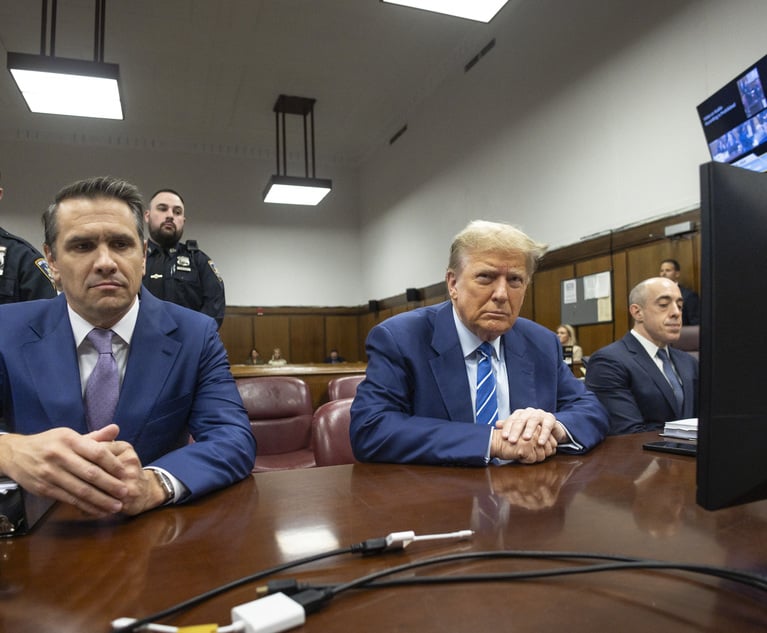Innocence is the last lock on the prison gate. Until a generation ago, wrongful conviction was perceived as an oddity in the well-oiled machinery of justice. But 30 years of exonerations, forensic reforms and wrongful conviction statistics have redrawn the landscape, which now includes computerized risk assessment.
Assertion of innocence is an exclusive franchise, the hallmark of client autonomy. See McCoy v. Louisiana, 138 S.Ct. 1500 (2018). And it does not evaporate with conviction. See generally Charles Loeffler et al., “Self-Reported Wrongful Convictions Among Prisoners,” SSRN (2017); Samuel R. Gross et al., “Rate of False Conviction of Criminal Defendants Who Are Sentenced to Death,” 111 PNAS 7230 (2014).


 Ken Strutin
Ken Strutin




